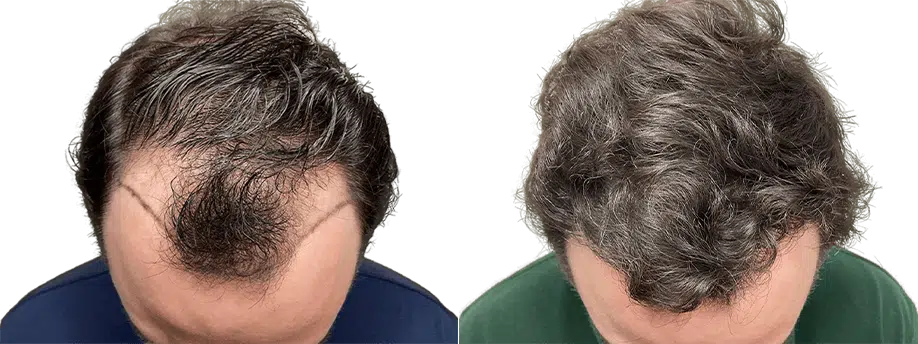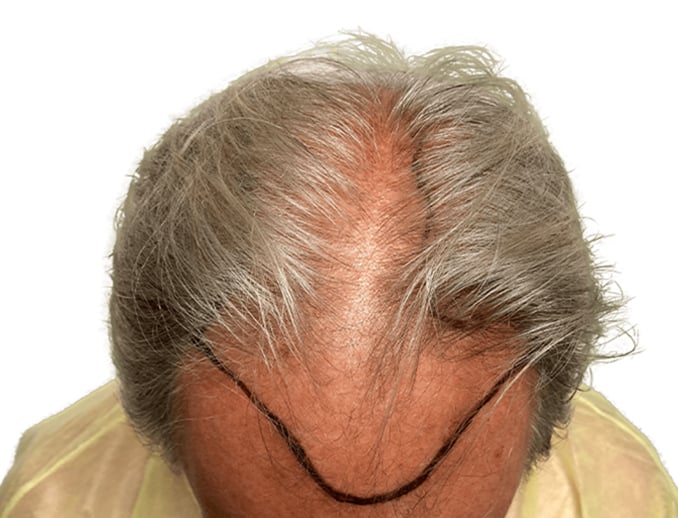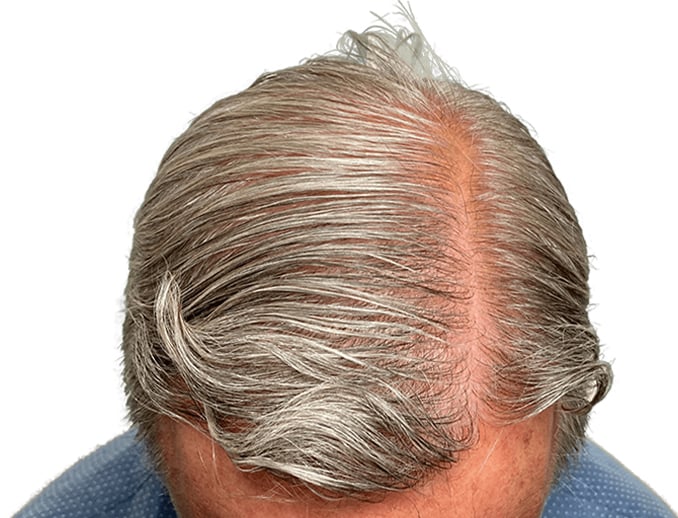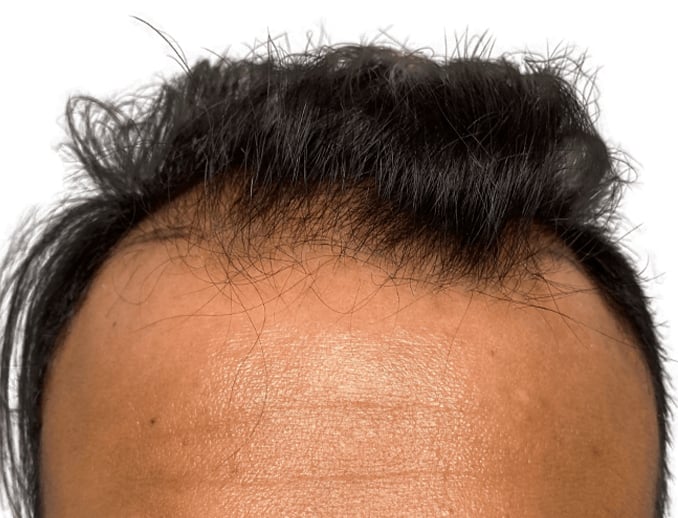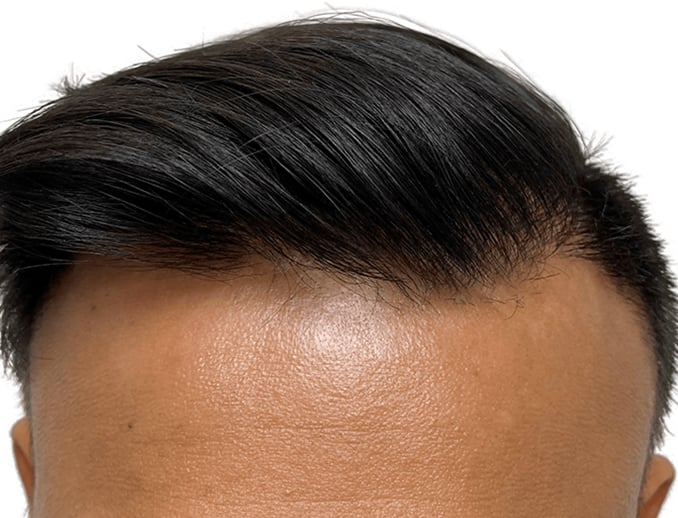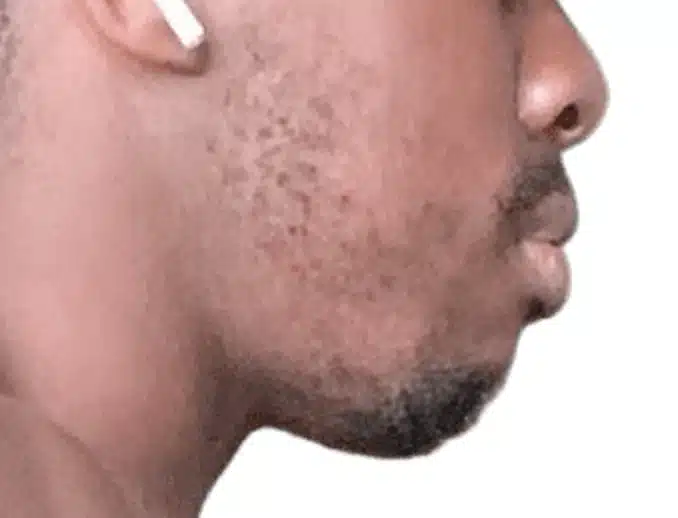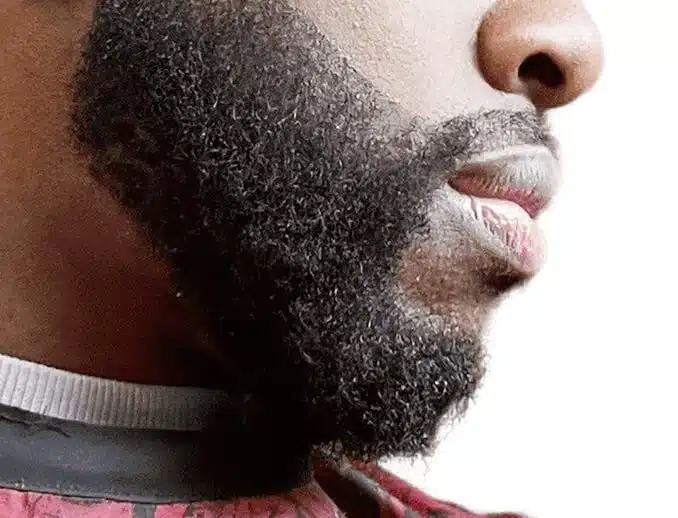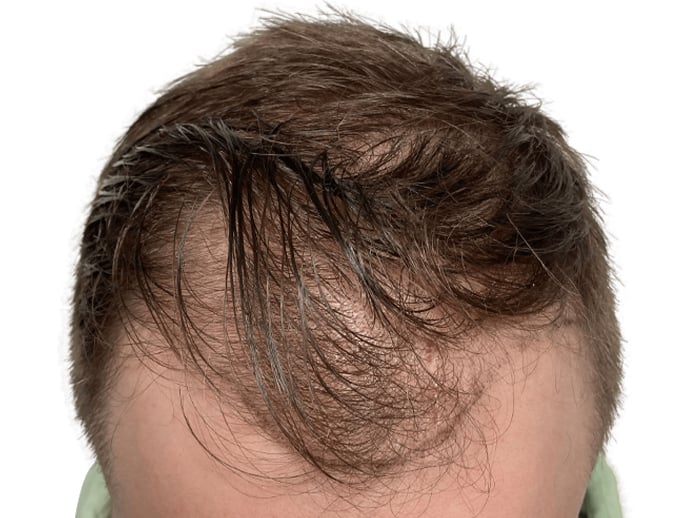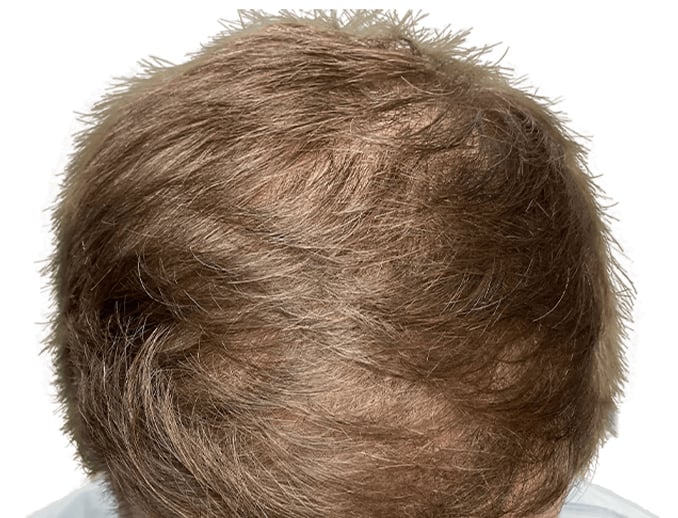FAQs on Hair Transplant
How Long Do Hair Transplants Last?
Hair transplants are generally designed to provide long-lasting results, with the transplanted hair follicles retaining their ability to grow hair for a significant duration.
While they are not considered completely permanent, as the transplanted hair may eventually thin or stop growing due to aging or other factors, many patients can expect the transplanted hair to be present and growing strong even after 10 years.
The longevity of the results can vary based on individual factors such as genetics, health, and how well post-transplant care instructions are followed.
How Much Should I Spend on a Hair Transplant?
The key points provided do not specify an exact cost for hair transplants, as prices can vary widely depending on the location, the surgeon's experience, the type of procedure (FUT or FUE), and the extent of the transplant needed.
It's important to choose a skilled and experienced surgeon and to have realistic expectations about the results. Patients should consider their budget and research to find a balance between cost and quality of care.
What Is the Best Age for Hair Transplant?
The best age for a hair transplant is not one-size-fits-all. Most surgeons recommend waiting until after the age of 25, as hair loss patterns can be more predictable and the progression of hair loss may have stabilized.
While there is no upper age limit, the ideal age is often considered to be between 30 and 40. Factors such as the patient's overall health, the quality and quantity of donor hair, and any medical conditions should be taken into account.
Can Transplanted Hair Fall Again?
Transplanted hair can shed within a few weeks of the surgery, which is a normal part of the process; however, the hair follicles remain intact and will regrow new hair.
Over time, the transplanted hair may thin or stop producing as much hair due to aging or genetic factors, but it generally does not fall out in the same way that non-transplanted hair might due to pattern baldness.
What Is Not Allowed After Hair Transplant?
The provided key points do not include specific details about post-operative restrictions. However, it is crucial to follow the surgeon's post-operative care instructions for a successful hair transplant.
This typically includes avoiding strenuous activities, direct sunlight on the scalp, and any potential contaminants that could affect the healing process.
Patients are often advised to avoid smoking and drinking alcohol, as these can impair healing and affect the results of the transplant. It's best to consult with the transplant surgeon for a detailed list of post-operative care instructions.
